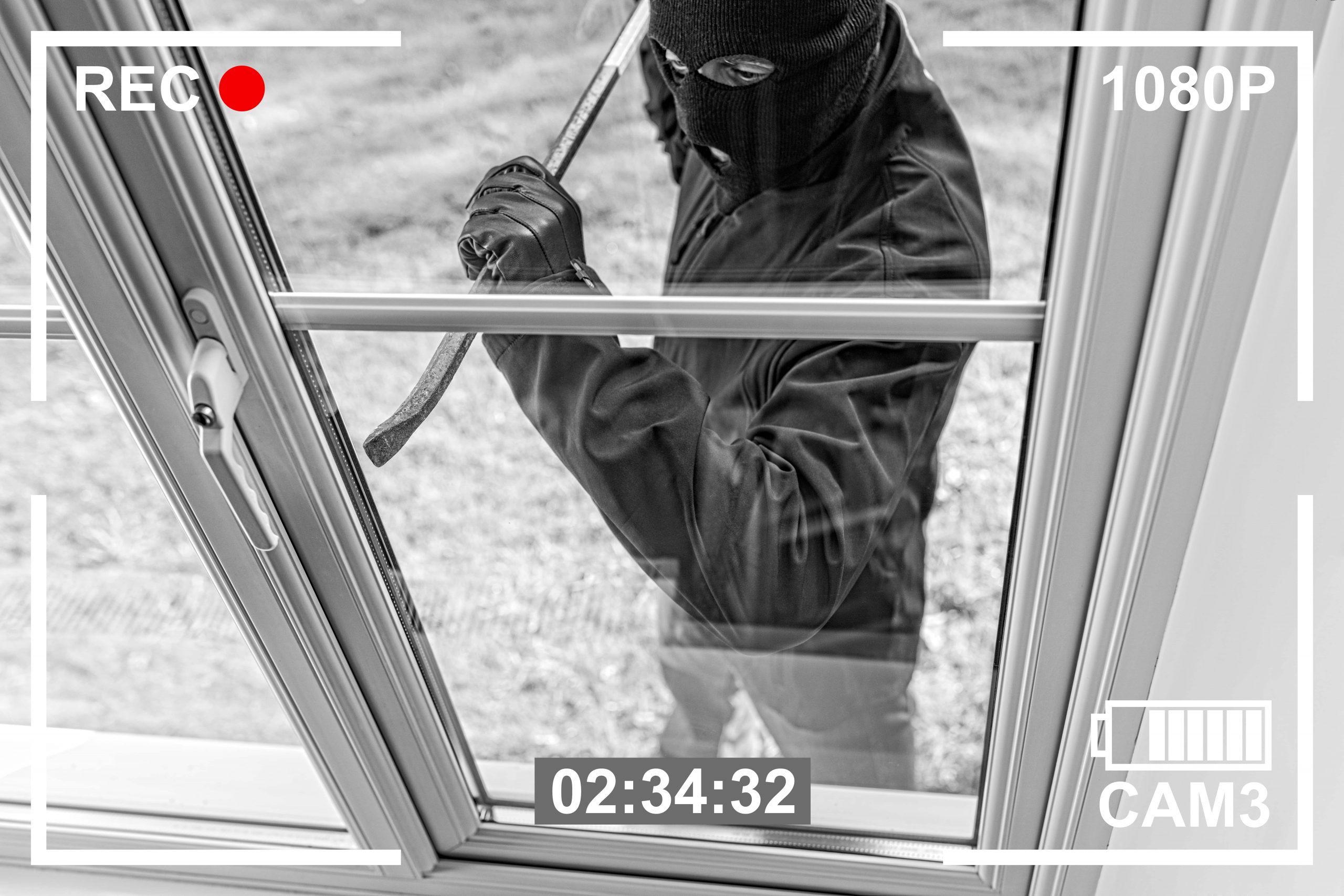Enter Dwelling House – s 111 Crimes Act (NSW)
Charged with an offence of entering dwelling house is daunting. An experienced criminal defence lawyer can alleviate much of that burden with realistic and effective guidance to avoid prison or criminal conviction. Our highly respected leading senior lawyers have successfully proved their clients innocence, convinced police to drop charges early, and avoided prison for clients countless times for over 20 years.
Call us now on (02) 8606 2218 to book a free first consultation with an experienced Criminal Defence Lawyer.
Your Options in Court
You can only be guilty to an offence of entering dwelling house if police can prove each of the following elements, beyond reasonable doubt, in court:
- You entered a house, building or structure capable of being occupied, boat or vehicle where someone lives in; and
- You intended to commit any offence that the law give a maximum punishment of imprisonment of 5 years or more. i.e. Robbery, stealing, assaulting.
Your charge will be dismissed, and you will be not guilty if police are unable to prove each of the above elements to this offence.
If charged with the above offence ‘in circumstances of aggravation’ or ‘circumstances of special aggravation’, the police are also required to prove the following elements to prove your guilt:
Aggravated circumstances exist if any one of the following apply to you:
- You were armed with an offensive weapon
- You were in the company of another person
- You use violence
- You intentionally or recklessly inflict actual bodily harm
- You deprive any person of their liberty
- Before entering the building, you knew there was at least a person inside
Circumstances of special aggravation exist if any one of the following apply to you:
- You wound, or intentionally or recklessly inflict grievous bodily harm on someone
- You were armed with a dangerous weapon
Defences to this charge
You will be Not Guilty if:
- You entered the wrong building or house by mistake.
- You had no intention to commit an offence when entering the building.
- Claim of right: where you honestly believed that the item you stole are intended to steal in the house belonged to you.
- Mental illness defence: Where you were suffering a mental illness at the time, which effected your ability to reason with any moderate degree of sense and composure such that you didn’t know rightness or wrongness of what you were doing, or you didn’t know what you were doing, or you didn’t have control of your actions.
- Intoxication: Where you were so intoxicated that you couldn’t form the requisite intention.
- Self Defence.
- Duress or Necessity: Where you were forced to do it, or where you did it to avoid serious harm to someone.
Your charge will be dismissed if any one of the above defences apply to your case.
Speak to an experienced criminal defence lawyer by calling (02) 8606 2218 for highly specialised, and experienced advice and guidance on your best defence. Our expert lawyers have a proven track record of getting these charges dropped early, and securing not guilty verdicts in court for over 20 years.
If you decide to plead guilty to a charge of entering a dwelling house offence, carefully read the following crucial tips on how to best prepare your case, to maximise your chances at avoiding prison, or even a criminal record.
25% Discount on punishment
You will receive a 25% discount on your punishment by the Judge if you plead guilty, to entering dwelling house, at the earliest possible time. This results in a more lenient outcome.
To ensure you don’t miss out on this, its critical to speak to an experienced lawyer early.
Good character references
These are letters you should gather from family, friends, work, charity and letter of apology from you for the Judge to read. Each character reference letter should comment on your good character, remorse, insight, and shame for your actions to allow the Judge to further reduce your punishment. Our lawyers can guide you through this process.
Negotiate to drop charges
By reading carefully the police evidence, picking out all the issues in it, and then devising the best strategy to negotiate with police, you can significantly increase your chances at getting these charges dropped early. Its critical to get a specialist to do this.
Our senior defence lawyers specialise in getting charges dropped early, holding a reputation and proven success record at achieving this for over 2 decades.
Negotiate facts
The set of facts is initially drafted by police, read by the Judge who then gives a punishment to you. It expresses what you plead guilty to in detail, and can often sound very one sided, resulting in a heavier punishment.
To stop this from happening, our senior lawyers use their significant experience and expertise in negotiating with police to change the set of facts. By changing it to express you in a more favourable light to the Judge reading it, it often result in a much more lenient outcome.
Psychologist reports
Getting a report from a highly respected psychologist or psychiatrist for the Judge to read can improve your court outcome, giving a much more lighter punishment, and avoid prison.
To maximise your chances of this occurring, the report should comment on your mental state at the time, shame, remorse, insight, and explanation for your conduct. Our team will carefully hand pick the best suited expert for your case.
Maximum penalty
The maximum punishment is generally only given to the most serious offenders, and is rarely given.
The maximum punishment for entering dwelling house is a term of imprisonment of up to 10 years if dealt with in the District Court. If circumstances of aggravation apply, then the maximum is imprisonment of 14 years. If circumstances of special aggravation apply, then the maximum is 20 years.
If dealt with in the Local Court, the maximum is a term of imprisonment of up to 2 years.
Types of penalties
The Judge will give you any one of the following types of punishment, which depends on how you prepare and present your case, as explained above:
- Section 10 Dismissal
- Conditional Release Order
- Fine
- Community Correction Order
- Intensive Correction Order
- Full Time Imprisonment
For getting the best chances at the most lenient, best possible result, speak to our team of leading criminal defence lawyers who hold over 2 decades of experience in successfully achieving exceptional results.
Call now on (02) 8606 2218.






